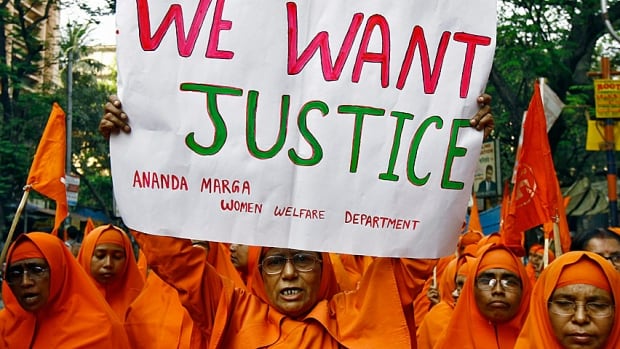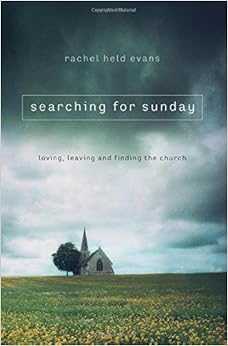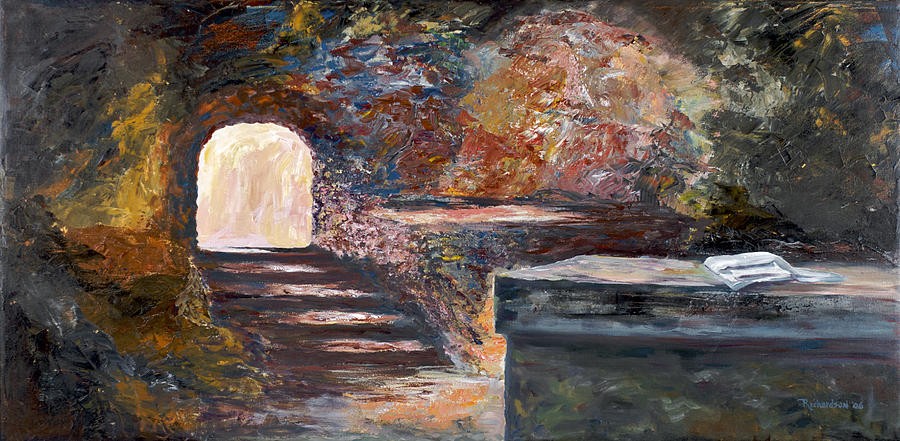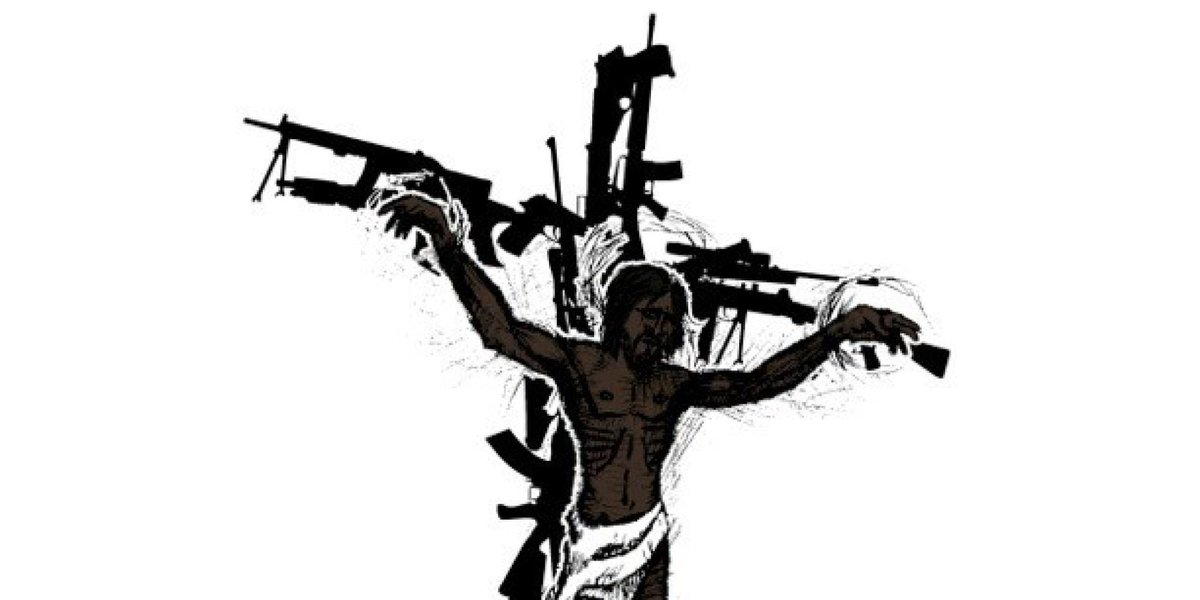
Do you remember the CBC comedy Hatching, Matching, Dispatching? Nah, I didn't think so. While it had a fun cast with Mary Walsh and Shaun Majumder it lasted only six episodes. In one scene two of the gang are in a pick-up truck. One intones to the other "it's in the bible." The other responds that the bible is a little like an Iraqi prisoner in an American jail. Torture it long enough and it will say anything you want. It was 2006 and we had all seen the horrors of Abu Ghraib.
There was a unsettling truth to that tossed-off comment. Frequently earnest believers manipulate the scriptures to make them say what fits their worldview, proof-texting some portions and ignoring others. During the era of slavery Christian debaters for both sides used the bible as the justification for their stances. More recently this has been part of the discussion for the role of women in church leadership and how we respond to the LGBTQ community.
Too often the bible itself has been used as an instrument of torture, frightening others into submission, stigmatizing the already downtrodden. It is a painful history.
I am intrigued that there will be a Museum of the Bible in Washington DC by 2017. Construction is already well under way and it will showcase biblical artifacts from the 40,000-piece Green collection, one of the largest in private hands. Respected scholar David Trobisch will be the director and it looks as though it will be well worth a visit. I'm a bible nerd, so this is exciting. http://museumofthebible.org/#welcome
Of course this museum will be about history rather than interpretation. For all the bible has been misused, it can speak to us so powerfully in this moment. It is up to us to humbly, receptively listen for God's voice in scripture, appreciating that it is a lamp showing our path rather than a club to threaten and control. We need to understand the history of scripture, and of its interpretation. And we can pray that Christ will be opened to us in fresh ways as we read and study and hear the Word proclaimed.
Thoughts?


























